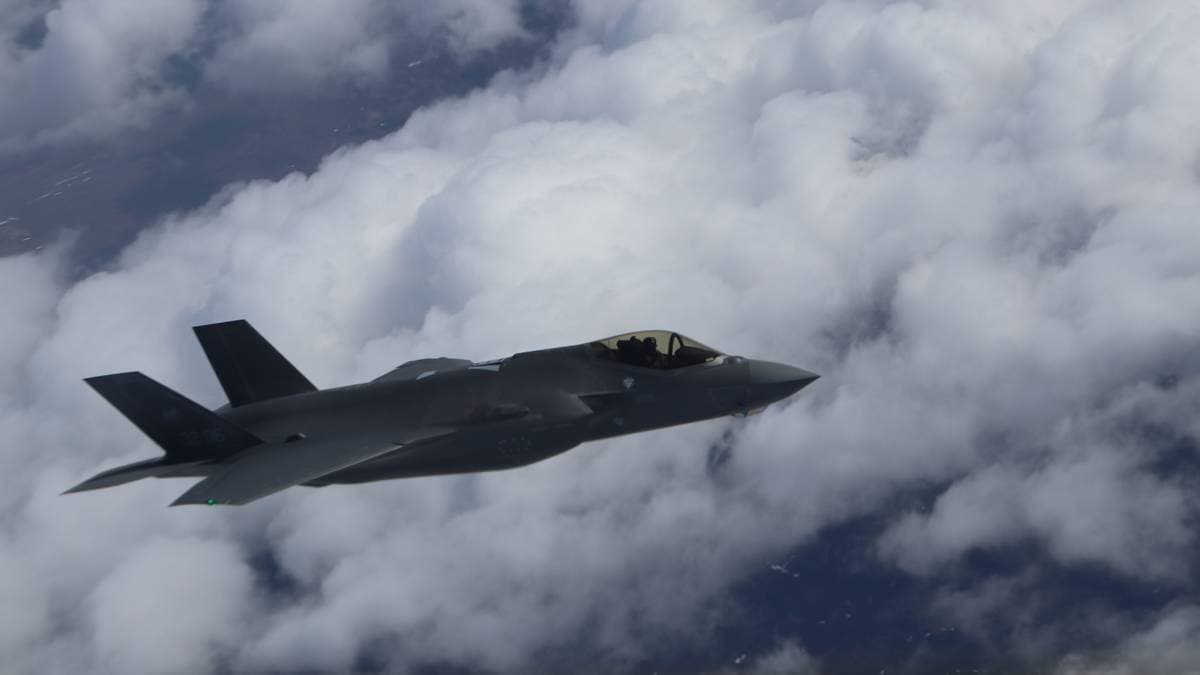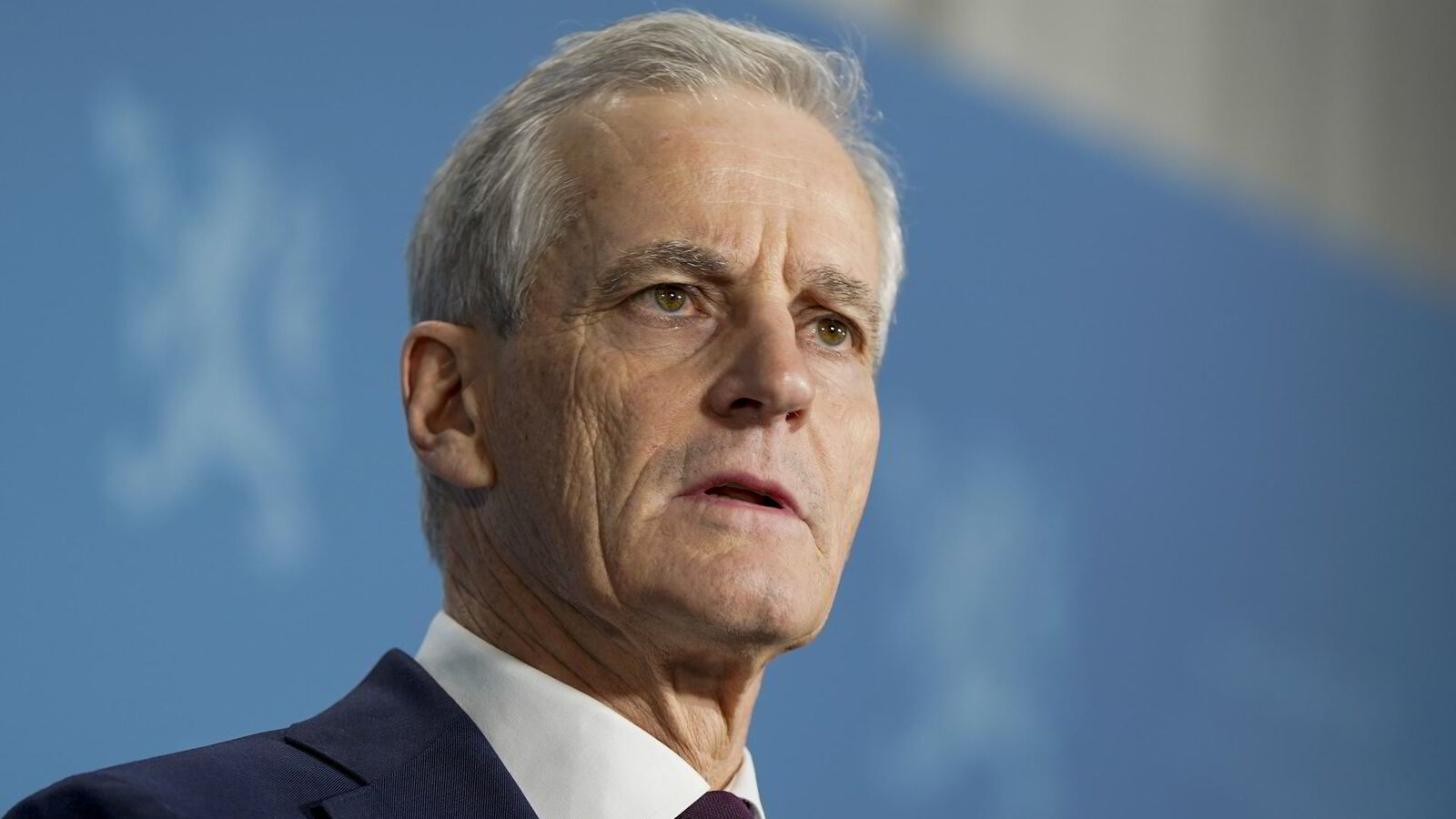
===
#fligavia #boeing #airbus #a321xlr
===
Huge thanks to
23LAVIATION https://www.youtube.com/@23LAVIATION
Plane Spotter Hari https://www.youtube.com/@PlaneSpotterHari
Avspottplane https://www.youtube.com/@Avspottplane
===
New Airbus A321XLR Upgrade Is The End Of Boeing! Here’s Why
The aviation industry faces a major transformation when Airbus's introduction of the new upgrade A3 21 XLR. This aircraft is not just a superior improvement compared with the market of crowded lightweight planes; it represents a significant change in the narrow-body aircraft segment. The A3 21 XLR builds on the popularity of its predecessors but also introduces groundbreaking capabilities.
Many in the industry call it the end of Boeing. Why? How will the A3 21 XLR change the aviation industry, and what does this mean for Boeing, Airbus's biggest rival? Let's find out in today's episode.
The Airbus A3 21 XLR
New Airbus A321XLR Upgrade Is The End Of Boeing! Here’s Why
This aircraft truly has a significant impact. With a range of nearly 4700 nautical miles, the Airbus A3 21 XLR not only redefines long-haul travel; it also transforms the economics of the entire aviation industry. This strength shows in its name: XLR (stands for Extra Long Range). Even its closest competitors are not safe. With the ability to fly routes previously reserved for wide-body jets, it changes how airlines approach network planning and fleet management. So, what makes it so remarkable and influential? It's not hard to answer this question.
New Airbus A321XLR Upgrade Is The End Of Boeing! Here’s Why
It's noteworthy that the A3 21 XLR features an innovative central fuel tank that significantly increases fuel capacity without compromising cargo space. This allows the aircraft to fly farther while still maintaining the cost advantages of a narrow-body jet. The result is a 30% lower fuel burn per seat compared to previous-generation competing aircraft. The aircraft's capabilities have broader implications for airport infrastructure and route development; smaller airports lack facilities for wide-body aircraft can now potentially host long-haul services. From an environmental side, its improved fuel efficiency translates directly to reduced carbon emissions per passenger, helping airlines meet increasingly stringent environmental regulations and corporate sustainability goals.

.png) 5 months ago
38
5 months ago
38
























 English (US)
English (US)